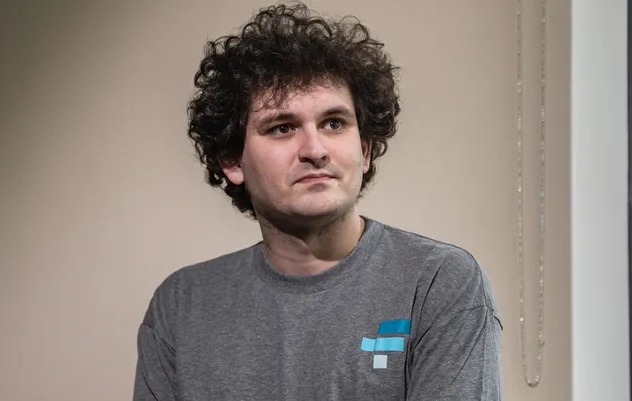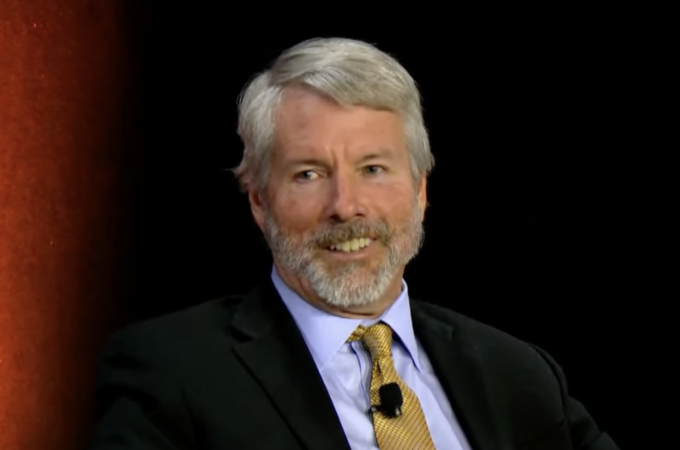
Sam Bankman-Fried’s Sentencing: Seeking Leniency Amidst Legal Battle
Sam Bankman-Fried, once lauded as the visionary behind FTX Cryptocurrency Derivatives Exchange, now finds himself embroiled in a legal saga grappling with the weight of a potential century-long sentence.
The recent court filings reveal a stark dichotomy between the prosecution’s call for a 100-year sentence and the defense’s plea for leniency, advocating for a term of 63 to 78 months. His defense team, led by distinguished attorneys Marc Mukasey and Torrey Young, contends that such a draconian sentence would be “grotesque” and fail to align with the core principles of justice. Instead, they argue for a sentence reflective of mitigating factors, including Bankman-Fried’s neurodiversity, his commitment to philanthropy, and the potential for restitution to affected parties.
The defense’s narrative diverges sharply from the prosecution’s portrayal of Bankman-Fried as a remorseless fraudster, instead painting a picture of a man deeply affected by the consequences of his actions. Letters from family, friends, and even fellow inmates attest to Bankman-Fried’s character, emphasizing his altruism, kindness, and profound regret for the harm caused. His parents, Barbara Fried and Joseph Bankman, articulate genuine concerns about their son’s vulnerability in a prison environment, citing his neurodiversity and social awkwardness as factors that could expose him to extreme danger.
Furthermore, Bankman-Fried’s legal team challenges the notion of significant financial loss, asserting that FTX’s bankruptcy proceedings offer a pathway to full restitution for affected customers. They highlight Bankman-Fried’s instrumental efforts in facilitating this restitution process, underscoring his commitment to accountability and rectification.
Amidst these legal arguments, underlying themes of compassion and redemption emerge. Bankman-Fried’s struggle with depression and anhedonia adds a poignant layer to the narrative, humanizing a figure often reduced to sensationalized headlines. His introspective writings and personal reflections offer a glimpse into the profound emotional turmoil he grapples with, challenging the simplistic caricature of a greedy fraudster.





